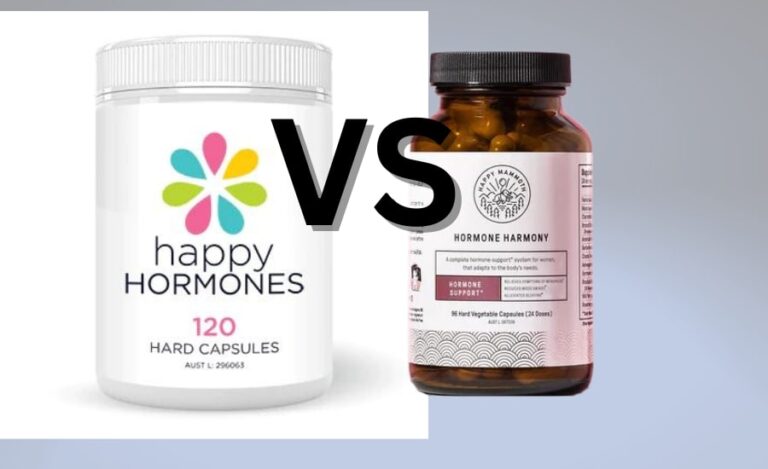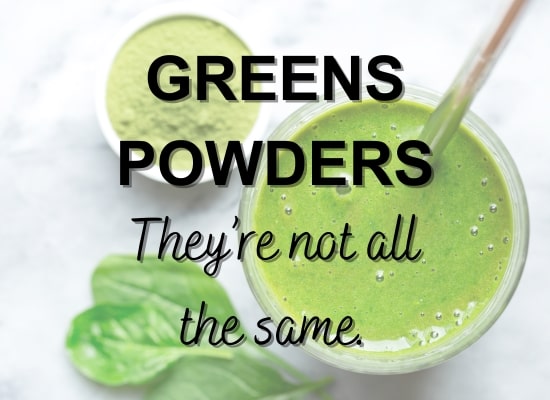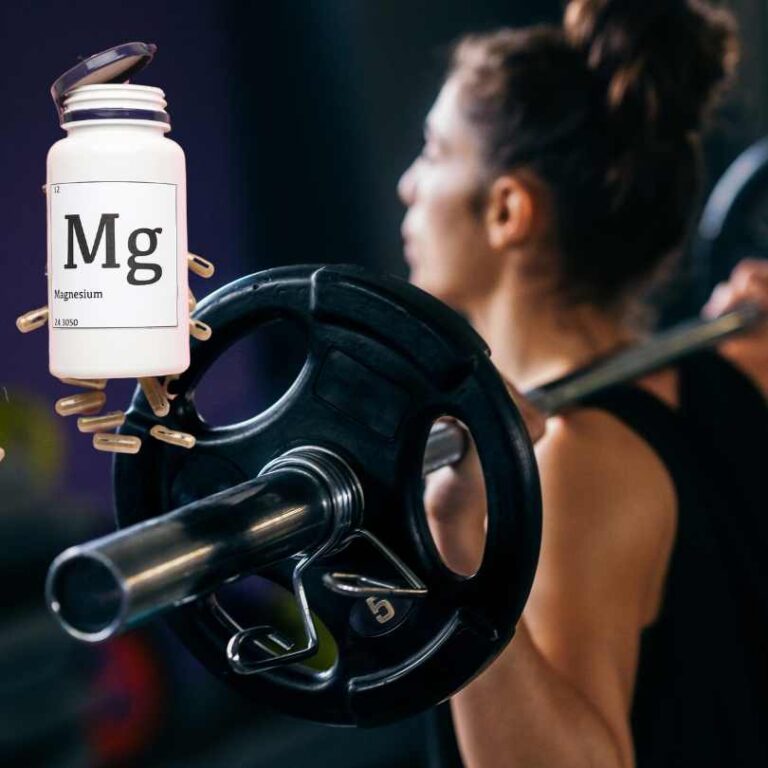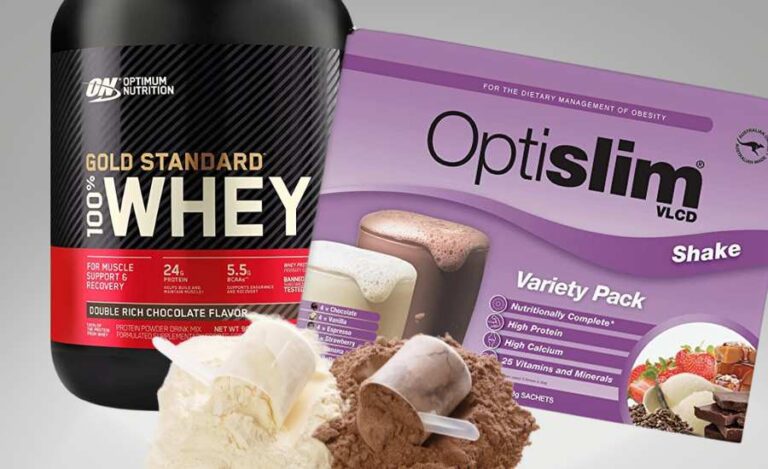Hey ladies, let’s talk hormones! As we hit our late 30s and early 40s, our hormones can start to play tricks on us, but this is completely normal. You might experience more than usual tiredness, weight gain, lack of motivation to work out, or other symptoms that seem to come out of nowhere. It’s not quite the severe symptoms of menopause just yet, but you start feeling some type of unexplained way from time to time and you start trying to figure out what is happening to your body? Often not realizing that these unusual changes could be very early hormonal fluctuations.
In this article, I will particularly address the importance of choosing the best foods for hormone balance, because it’s the first step that is within your control to help you reduce the unpleasant symptoms. Our diet becomes more important than ever as we enter this important phase of our lives.
But first, I want you to try not to associate menopause with simply getting old, but rather embrace and educate yourself about how you can help your body thrive through this phase rather than just survive it.
You can still have a very vibrant, productive life after 40, it’s just the beginning of a new chapter. A chapter where you just know better, because you are wiser, so you can take better care of your body as it served you for so many years. You owe your body some of that TLC for all the hard work it has done for you so far, especially if you went through childbirth or a few.
So with a positive mindset let’s learn a bit more about how choosing the best foods for hormone balance can make a big difference in how you feel over the next 15-20 years.
How do hormones work?
Perimenopause, are you too young to start preparing?
Benefits of Hormone Balancing Diets.
Best Foods For Hormone Balance.
Effect of restrictive dieting on our hormones.
Do hormones affect your immune system and how can a healthy diet help?
Weight loss in Menopause.
Lifestyle Factors for Hormone Balance.
How do hormones work?
I will try to keep it brief as in this article I want to cut to the chase and talk about food and diet. I know this is what you came here for today. We will leave a more details explanation of the science behind hormones for another article. Because the topic of hormones is huge.
So what are hormones and why they’re so important, especially during menopause?
Hormones are chemical messengers that play a crucial role in regulating various bodily functions, including metabolism, appetite, heart rate, sleep cycles, reproductive cycles, and more.
As women move through life, especially during peri-menopause and menopause, hormonal fluctuations become more common, leading to symptoms such as hot flashes, night sweats, mood changes, and bone health issues. Maintaining hormonal balance becomes essential during this phase of life to support overall health and well-being.
Perimenopause, are you too young to start preparing?
Perimenopause is the transitional phase leading up to menopause, typically starting in the woman’s 40s but can begin in the late 30s. During this time, hormone levels, particularly estrogen, fluctuate significantly, leading to a variety of physical and emotional changes. While perimenopause is often associated with the more well-known symptoms of menopause, such as hot flashes and night sweats, there are also subtle signs that can indicate the onset of this phase.
As I mentioned before these include
- Fatigue, which can be attributed to hormonal imbalance disrupting sleep patterns.
- Poor sleep quality, like waking up multiple times a night and being unable to fall back asleep fast.
- Elevated stress levels, and inability to control your anxiety levels.
- Feeling unmotivated to work out, no, you are not just lazy.
- Irregular menstrual cycle, which can occur as hormone levels fluctuate.
- Very heavy periods.
- Difficulties losing body fat around tummy.
- Low libido.

But, even if you are not yet experiencing any of these symptoms, but you are in your mid to late 30s, it’s a great idea to start adjusting your diet to give yourself the best chance to have a smooth transition period into menopause. The sooner you start the better. The best foods for hormone balance that are recommended in this article are beneficial for weight loss and overall health, not just hormones.
The advice you will find on this page is not just about menopause, it applies to any stage of life because the foods that are recommended can benefit just about anyone and not just women preparing for hormonal changes. You will also find these recommendations helpful if you are younger and experiencing hormonal problems due to health conditions. However, bare in mind that this advice is general so if you believe you have some hormone-related health problems it’s best to seek advice from your doctor or dietitian.
Benefits of Hormone Balancing Diets.
Can a hormone-balancing diet make a difference? Absolutely!
Including foods rich in specific nutrients can support your hormones and potentially alleviate symptoms. By incorporating these hormone-balancing foods into your diet, you can support your hormonal health and potentially reduce the severity of menopause symptoms.
But that’s not all, eating the best foods for hormone balance can have a huge impact on the fat around the abdomen.
The right foods can do the following for your menopause weight loss:
- Improve gut health, reducing bloating (some supplements can help with that too).
- Hormones that are in good balance have a direct impact on how fast your metabolism is.
- Prevent muscle loss (muscles help you stay lean).
- Keep you satiated and reduce cravings for junk food.
- Help reduce joint inflammation, which will lead to the ability to exercise more regularly.
What type of diet is best?
Minimizing processed foods and sugary snacks can help maintain hormone balance and promote overall well-being. The Mediterranean Diet is my favorite style, as it primarily includes all the best foods for hormone balance and encourages the reduction of processed foods and alcohol, without being too restrictive in calories or macros. However, there are a few other styles of diets you can tweak and make hormone friendly such as Paleo, Low Carb or Keto and Vegetarian. You can find complete meals for all 4 types I just mentioned in my Guide right here.
Processed foods and cortisol.
It’s important to note that certain diets can significantly impact our stress hormone, cortisol. For instance, diets high in sugar and processed foods can lead to spikes in blood sugar levels, triggering the release of cortisol. This continual fluctuation in cortisol levels can contribute to chronic stress and its related health issues. By being mindful of your diet and choosing foods that support hormone balance, you can positively impact your overall health and well-being.
Best Foods For Hormone Balance - Your Key Ingredients to a Healthy Diet.
Foods to Include Frequently.
Best foods for hormone balance should include some of the following types. These foods will help not only with weight loss, but to also close the gap in hormonal imbalance and improve your overall health.
| Food Category | Foods to Include | Serving Recommendation | Reasons to Include |
|---|---|---|---|
| Probiotic-rich foods | Yogurt, kefir, fermented vegetables | 1-2 servings daily | Supports gut health, aids in hormone regulation. |
| Fiber-rich foods | Fruits, vegetables, whole grains | 5-9 servings daily | Promote detoxification of excess hormones, support digestive health. |
| Healthy fats | Avocados, nuts, olive oil | 1-2 servings daily | Support hormone production, improve insulin sensitivity. |
| Omega-3 fatty acids | Fatty fish (salmon), flaxseeds, walnuts | 2-3 servings weekly | Reduce inflammation, support brain health, rich in vitamin D. |
| Leafy greens | Spinach, kale, Swiss chard, beetroot leaves | 2-3 servings daily | Rich in vitamins and minerals, support hormone production. |
| Cruciferous vegetables | Broccoli, Brussels sprouts, cabbage | 2-3 servings daily | Aid in hormone metabolism, support liver function. |
| Lean protein | Chicken, turkey, fish, tofu, tempeh, red meat | 2-3 servings daily | Essential for hormone production, support muscle health. |
| Whole grains | Oats, quinoa, brown rice, buckwheat | 3-5 servings daily | Provide sustained energy, support hormone balance. |
| Berries | Blueberries, strawberries, raspberries | 1-2 servings daily | Rich in antioxidants, support overall health. |
| Herbal tea | Chamomile, peppermint, ginger | 1-2 servings daily | Helps to bring down cortisol levels. |
| Herbs and spices | Turmeric, cardamom, black pepper, ginseng, rosemary, cinnamon | Add 1/2 tsp to food daily | Contain anti-inflammatory properties, support hormone balance. |
Foods to Avoid or Reduce.
Certain foods can dramatically contribute to hormone imbalances and increase in belly fat, here is a list of foods that is not friendly for your hormone levels.
| Foods to Avoid | Reasons to Avoid |
|---|---|
| Processed foods | Contain additives and preservatives that can disrupt hormone balance and even increase hunger hormones. |
| Sugary foods and beverages | Can lead to insulin resistance and increase blood sugar levels. |
| Large portions of high-fat dairy products | May contain hormones that can interfere with natural hormone balance. |
| Excessive caffeine | Can disrupt sleep patterns and lead to hormonal imbalances. |
| Alcohol | Can disrupt hormone production and metabolism and increase cortisol level. |
| Foods high in saturated fats | Can increase inflammation and disrupt hormone balance. |
| Artificial sweeteners | Can negatively impact gut health and hormone balance. |
| High-mercury fish (swordfish, tuna) | High levels of mercury can increase toxins in the body. |
| Frequent consumption of non-organic meat | May contain hormones and antibiotics that can interfere with hormone balance. |
| Processed white grains (white bread, pasta, dumplings, noodles, pastries) | Lack nutrients and can lead to blood sugar spikes, often very high in calories. |
Effect of restrictive dieting on our hormones.
Restrictive very low-calorie diets can hurt our hormones and metabolism, especially as we age. These diets can lead to a decrease in metabolic rate, making it harder to lose weight and easier to gain weight.
Additionally, very low-calorie diets can disrupt hormone levels, particularly insulin and cortisol. Insulin resistance can develop, leading to increased fat storage and a higher risk of type 2 diabetes.
Cortisol, the stress hormone, can also become dysregulated, leading to increased appetite, cravings for unhealthy foods, and abdominal fat storage.
For women over 40, whose hormone levels are already changing due to perimenopause and menopause, very low-calorie diets can exacerbate hormonal imbalances and increase the risk of symptoms like mood swings, fatigue, and irregular periods.
An inadequate balance of macronutrients like protein, fats, and carbohydrates, can also have an impact on muscle mass affecting overall health and the ability to keep the fat around the tummy area.

Do hormones affect your immune system and how can a healthy diet help?
Dr. Jolene Brighten explains that various hormones, including estrogen, serotonin, and cortisol, play crucial roles in influencing your immune system’s function, potentially helping you stay protected from illnesses like the flu.
However, hormone imbalances can also contribute to an overactive immune response, leading to conditions like autoimmune diseases. These conditions arise when the immune system mistakenly attacks the body’s own cells, a process that can be linked to hormonal imbalances.
How can diet help;
A diet rich in immune-boosting nutrients can help support the immune system during these times. Foods high in vitamin C, such as citrus fruits, strawberries, and bell peppers/capsicums, can help strengthen the immune system and reduce the severity associated with colds and flues.
Probiotic-rich foods, like yogurt and kefir, can support gut health, which is closely linked to immune function.
Finally, foods rich in zinc, such as nuts, seeds, and legumes, can help support the immune system and reduce the severity of symptoms during hormonal changes.
Including these foods in your diet can help support your immune system and keep you healthy during times of hormonal change.

Weight loss in Menopause.
Weight loss can be particularly challenging during perimenopause and menopause. Because of the changes and fluctuations in hormones, it can lead to a redistribution of fat, often around the abdomen.
Our thyroid hormones can also be affected, having a further impact on our ability to lose weight as easily as we used to. This shift can make it harder to lose weight, even with diet and exercise. Additionally, metabolic rate tends to slow down with age, making it easier to gain weight and harder to lose it. But diet and exercise can turn things around quiet a bit.
To manage weight during this stage of life, it’s essential to focus not only on managing your caloric intake but also focusing on the quality of the foods you eat. Regular physical activity, including strength training and cardio, can also help boost metabolism and maintain muscle mass, which is crucial for burning calories.
Eating enough protein can help you hold on to the precious muscle mass especially when combined with a good regular weight training routine, and this can help you keep your metabolism at it’s best.
Lifestyle Factors for Hormone Balance.
In addition to diet, several lifestyle factors can contribute to hormonal balance for women over 40. These include:
- Regular exercise: Helps maintain muscle mass, boosts metabolism, and improves insulin sensitivity.
- Stress management: High stress levels can lead to hormonal imbalances. Practicing yoga, meditation, or other relaxation techniques can help reduce stress.
- Adequate sleep: Getting enough sleep is crucial for hormone regulation and overall health.
- Avoiding toxins: Limit exposure to environmental toxins, such as pesticides and plastics, which can disrupt hormone balance
References






